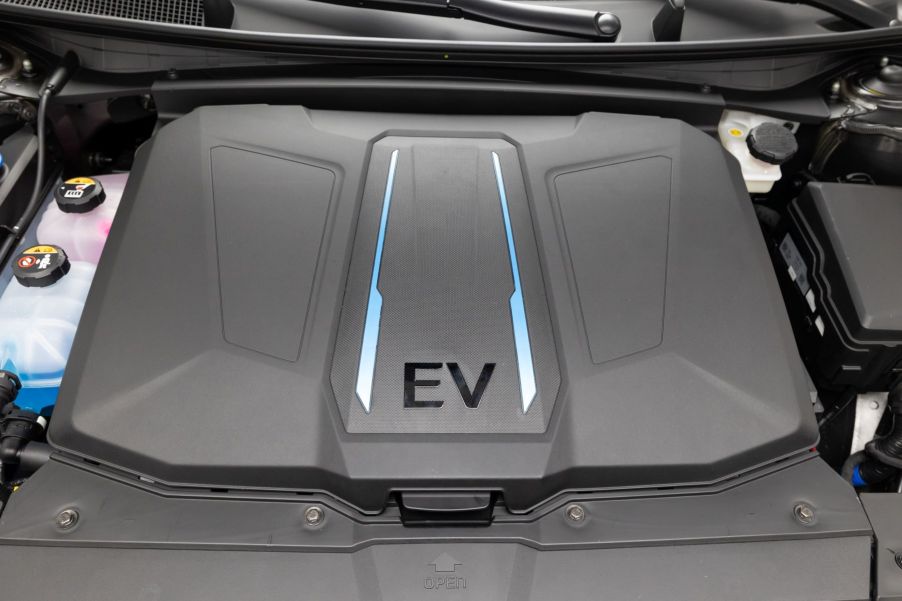
Hyundai and Kia Could Lose Some EV Market Share With the Tax Credit Change
Thanks to the incentivization of electric vehicle purchases, EV ownership has become a lot easier. Drivers now save money due to EV tax credits, which reduce purchase prices by thousands of dollars. The recent tax credit change will see some automakers lose out, with Hyundai and Kia being some of the biggest losers of their EV market share.
What you should know about the EV tax credit
At the start of the 2010s, the conversation in the industry revolved around the shift from gas-powered to electric-powered cars. People weren’t willing to give up their gas-powered cars because of how costly EVs were. The government knew it had its work cut out to convince more people to buy EVs.
In 2010, the federal government decided to give new EV owners tax credits after their purchase. This way, more people would be inclined to buy electric vehicles instead of gas-powered ones. This became one of the best decisions ever as EV sales began soaring. Although it took a while, automakers started listening to the shift, and today, almost every automaker has a few hybrid or electric powertrain options.
So, what is a tax credit, you ask? According to the Internal Revenue Code Section 30D from the IRS, a tax credit is a reduction on your tax bill. The Internal Revenue Code ensures that taxpayers buying a qualifying EV in a tax year will get a bill reduction of $7,500 in most states. CNET speculates that the amount could increase to $12,500 very soon.
A tax credit reduces what you owe to the IRS and increases the money you are refunded, meaning you not only get a good car, but Uncle Sam pats you on the back for doing the right thing for the environment.
Kia and Hyundai are expected to lose market share
Thanks to the Kia EV6 and the Hyundai Ioniq 5, the Hyundai Motor Group is one of the best sellers of EVs in the U.S. The company sold over 39,000 EVs in the past six months, beating the likes of General Motors, Ford, and Volkswagen. However, this might change with the recent modifications to the EV tax credits.
The modifications were made as part of the Inflation Reduction Act. This means that for EVs to be eligible for tax credits, they need to have been made in North America, which is bad news for Kia and Hyundai as many of the company’s EVs are made in Korea and shipped overseas.
In an interview with Reuters, Andrew DiFeo, a dealer in Florida, said he’s started seeing some potential customers drop their Hyundai EV preferences for models with the tax credit. This is a letdown for Hyundai, which has invested big in North America.
According to Car Scoops, the automaker has committed to building a $5.5 billion electric vehicle plant in Georgia. The outlet notes that South Korean officials have asked the president to postpone the new rules until the Georgia EV plant is completed in 2025.
Kia and Hyundai’s newest offerings

The Kia EV6 and the Hyundai Ioniq 5 have been taking the market by storm recently. Anyone looking for a fun and funky eclectic SUV with a futuristic design may feel at home with the Ioniq 5, while those looking for an elegant, sporty, and sleek EV will love the EV6.
The EV6 has 28 cubic feet of cargo space with its rear seats upright, while the Ioniq 5 has 27.2 cubic feet. However, with the rear seats down, the Ioniq 5 bests the EV6 with 59.3 cubic feet compared to the EV6’s 54 cubic feet. Both vehicles have three trim levels, but the Ioniq 5 is more affordable in all trims than the EV6, with a starting price of $41,245 against the EV6’s MSRP of $42,695.


